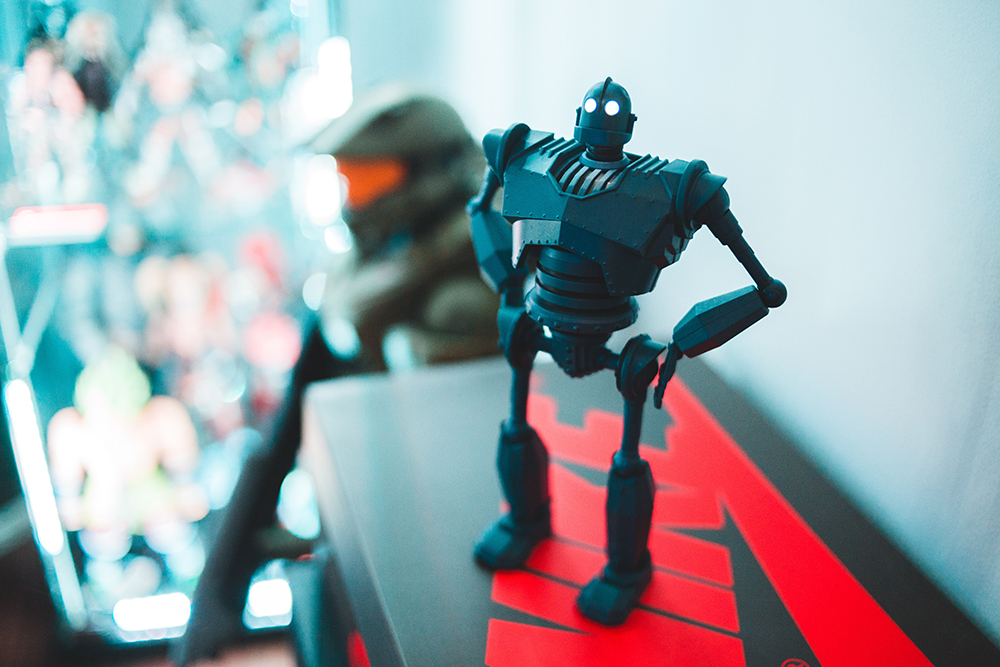How do social robots emerge from simple, soft shapes? As part of their final thesis in 2021 at the School of Business FHNW, 23-year-old students Nhi Tran Hoang Yen and Thang Hoang Vu from Ho Chi Minh City (Vietnam) have answered this question posed by their supervisor Prof. Dr. Oliver Bendel. They have submitted eleven proposals for novel robots. The first is a pillow to which a tail has been added. Its name is Petanion, a portmanteau of “pet” and “companion”. The tail could move like the tail of a cat or dog. In addition, the pillow could make certain sounds. It would be optimal if the tail movements were based on the behavior of the user. Thus, as desired, a social robot is created from a simple, soft form, in this case a pet substitute. Petanion is soft and cute and survives a long time. It can also be used if one has certain allergies or if there is not enough space or money in a household for a pet. Last but not least, the ecological balance is probably better – above all, the robot does not eat animals that come from factory farming. The inspiration may have been Qoobo, a pillow with a tail, designed to calm and to “heal the heart”. Panasonic also believes in robots that emerge from simple, soft forms. It promotes its new robot NICOBO as a “yowai robotto”, a “weak” robot that has hardly any functions or capabilities. The round, cute robot has two separate displays as eyes and a tail that it constantly moves. According to the company, it is aimed primarily at singles and the elderly. There could well be a high demand for it, even beyond the target groups (Photo: Panasonic).
Dangerous Machines or Friendly Companions?
“Dangerous machines or friendly companions? One thing is clear: Our fascination with robots persists. This colloquium in cooperation with TA-SWISS will continue to pursue it.“ This is what it says in the teaser of a text that can be found on the website of the Haus der elektronischen Künste Basel (HeK). “In science fiction films they are presented both as dangerous machines threatening human survival and as friendly companions in our everyday lives. Human-like or animal-like robots, such as the seal Paro, are used in health care, sex robots compensate for the deficits of human relationships, intelligent devices listen to our conversations and take care of our needs …“ (Website HeK) And further: “This event is part of a current study by TA-SWISS which deals with the potentials and risks of social robots that simulate empathy and trigger emotions. The focus is on the new challenges in the relationship between man and machine. At the colloquium, the two scientists Prof. Dr. Oliver Bendel and Prof. Dr. Hartmut Schulze and the Swiss artist Simone C. Niquille will provide brief inputs on the topic and discuss the questions raised in a panel discussion.” (Website HeK) More information via www.hek.ch/en/program/events-en/event/kolloquium-soziale-roboter.html.

